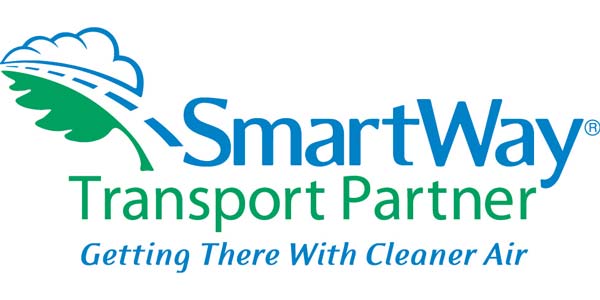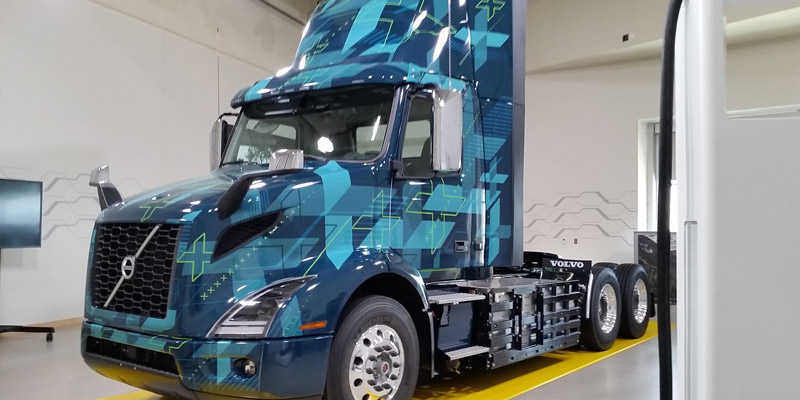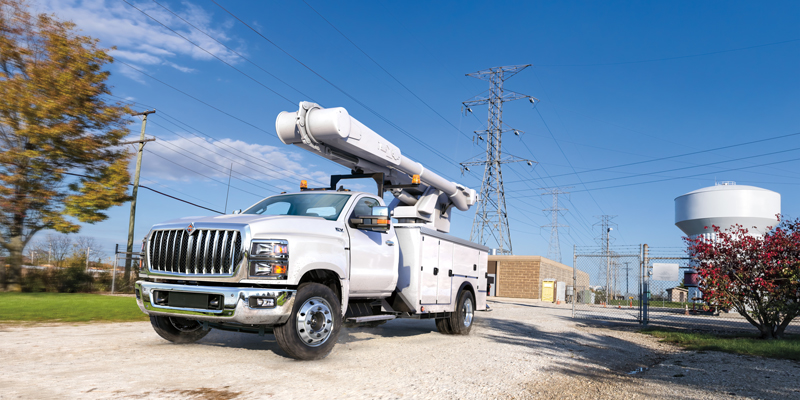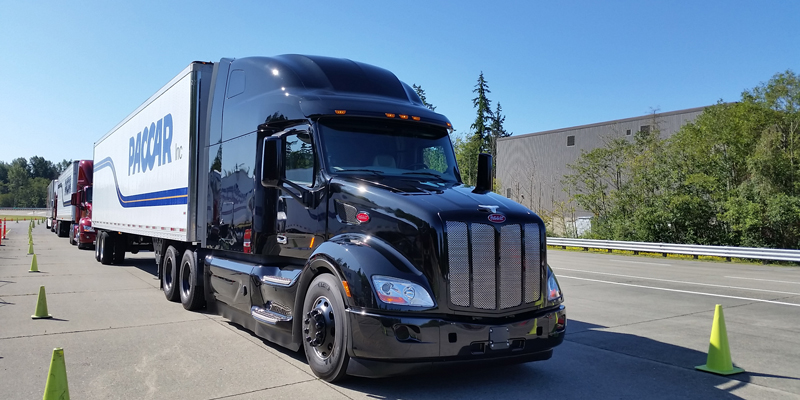- Enact a national 65 MPH speed limit for all vehicles, and govern new trucks at no more than 68 MPH. A truck traveling at 75 MPH consumes 27% more fuel than one going at 65 MPH. Bringing speed limits for trucks down to 65 MPH would save 2.8 billion gallons of diesel fuel in 10 years and reduce CO2 emissions by 31.5 million tons –– equal to a year’s CO2 generated by nine million Americans.
- Seek federal support for a nationwide solution that will reduce non-discretionary idling through highway infrastructure improvements and discretionary idling through financial incentives for technology improvements. Idling in congested traffic or running the engine to keep the driver warm or cool while resting annually consumes an estimated 1.1 billion gallons of diesel fuel. Re-ducing so-called discretionary idling (for truck cab heating and cooling) can be targeted with new technologies that reduce fuel consumption.
- Encourage fuel efficiency improvement through participation by both carriers and shippers in the EPA SmartWay Transport Partnership. Fuel efficiency improvement hinges on reducing the amount of fuel consumed by an entire truck fleet relative to the amount of cargo moved over a given distance. To qualify for participation in the program, trucking companies must develop three-year plans to reduce fuel use and greenhouse-gas emissions. Over the next nine years, CO2 reductions are estimated at 119 million tons, equal to a year’s output from everyone in the state of Illinois.
- Advocate for improved highway infrastructure aimed at reducing congestion. Such improvements could be paid for with a dedicated fuels tax. This, of course, is a long range challenge. ATA recommends a 20-year program. The initial focus would be on fixing critical bottlenecks, followed by a program to increase traffic flow in critical freight corridors.
Sleeper supremacy: A focus on the customer has led to more fleets spec’ing large, decked-out sleepers
Across the business world, companies are becoming more and more interested in emulating the success of Amazon. It’s a model that many truck OEMs are now following as they sharpen their focus on fleet customers, learn what equipment will meet the customers’ needs and deliver the products that they want.
Across the business world, companies are becoming more and more interested in emulating the success of Amazon. And who can blame them? Amazon is, after all, one of the biggest business success stories of the 21st century, leading to its owner becoming the richest person in the world. If that’s not a model to follow, I don’t know what is.
Inside Mack’s plan to make waves in the on-highway market
When you think of Mack Trucks, you probably think of construction or vocational trucks first and foremost. And while that’s likely fine with Mack (those applications are still the brand’s bread and butter) the OEM is hoping people will add a third segment to that list: on-highway.
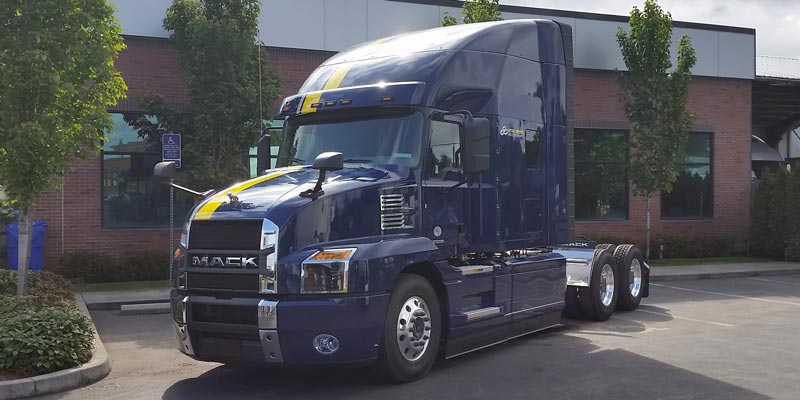
Addressing uptime and driver retention with the proper equipment
Two things that are on fleet managers’ minds pretty much every day: uptime and driver retention. Both are a real struggle for any fleet manager, and many (if not most) equipment decisions are made with these two struggles in mind.
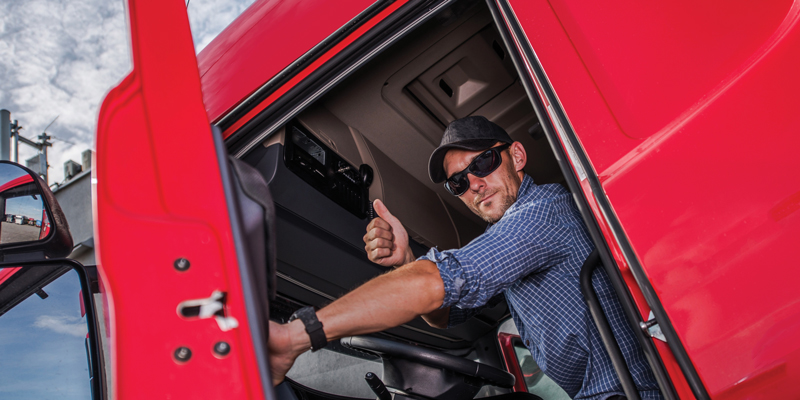
How to start talking about electric truck charging infrastructure
Before you approach a utility partner to establish your own electric truck charging infrastructure, you have to know your power needs. How do you do that without running trucks?
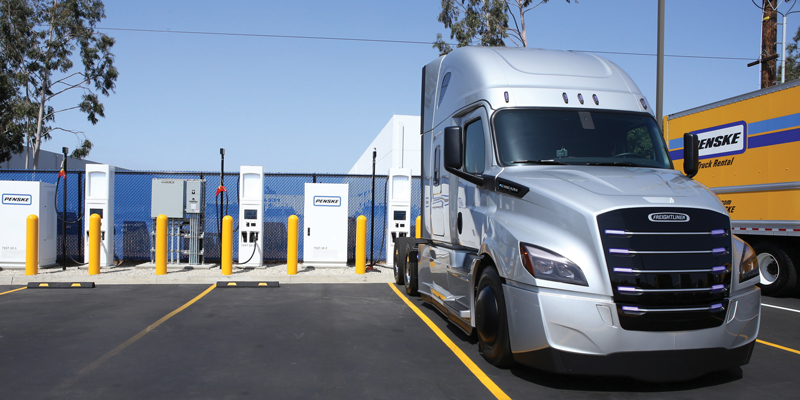
The four pillars of your true tire costs
Typically there are four pillars to determine your true cost: Initial tire cost, mileage to removal, fuel efficiency and retreadability (or casing value).
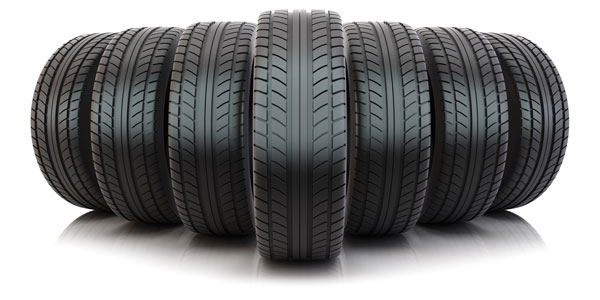
Other Posts
Navistar recognized by EPA as SmartWay Program High Performer
Navistar recently announced its recognition as a U.S. Environmental Protection Agency (EPA) High Performer in the SmartWay Program’s Shipper category. According to the press release, the EPA’s SmartWay Program helps companies advance supply chain sustainability by measuring, benchmarking and improving freight transportation efficiency. Related Articles – Vipar Heavy Duty adds West Virginia Spring & Radiator
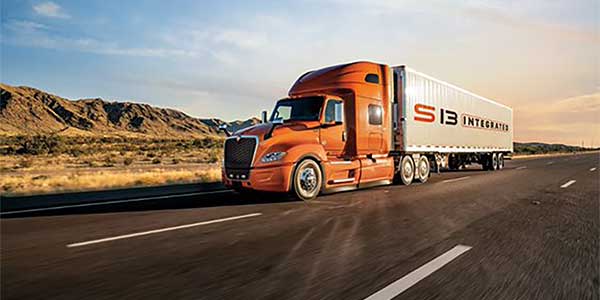
Trucking companies earn U.S. EPA SmartWay Excellence Award
The U.S. Environmental Protection Agency has named the winners of the 2020 SmartWay Excellence Award. Related Articles – Women In Trucking names 2024 Distinguished Woman in Logistics – Volvo fuels new trucks with renewable vegetable oil – Peterbilt receives 2024 Environment + Energy Leader Award 58 trucking and multimodal carriers received this distinction. Among them,
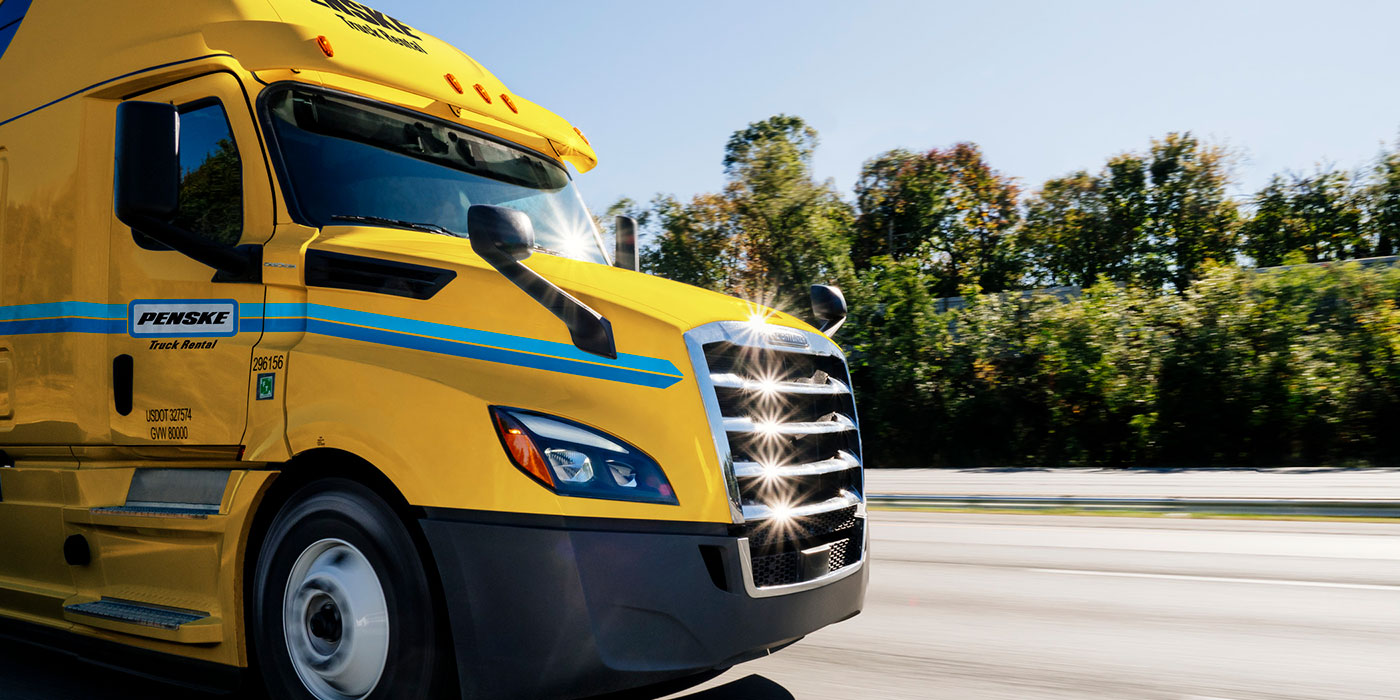
Fleet profile: Texas-based Alan Ritchey is focused on delivering the best possible value to customers
Meeting customer requirements is nothing new for Alan Ritchey Inc. (ARI). While the Valley View, Texas-based family owned and operated carrier provides services in several government, industrial, agriculture, energy and transportation sectors from coast to coast, since it was founded in 1964 it has served as a contract mail hauler for the United States Postal Service (USPS).
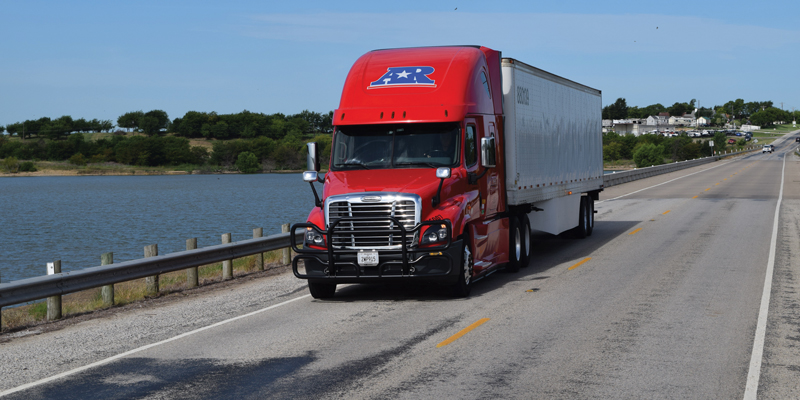
EPA SmartWay Excellence Awards recipients announced
The recipients of the SmartWay Excellence Awards from the U.S. Environmental Protection Agency (EPA) for 2019 were recently announced. Awards are given for being leaders in freight supply chain environmental performance and energy efficiency.
